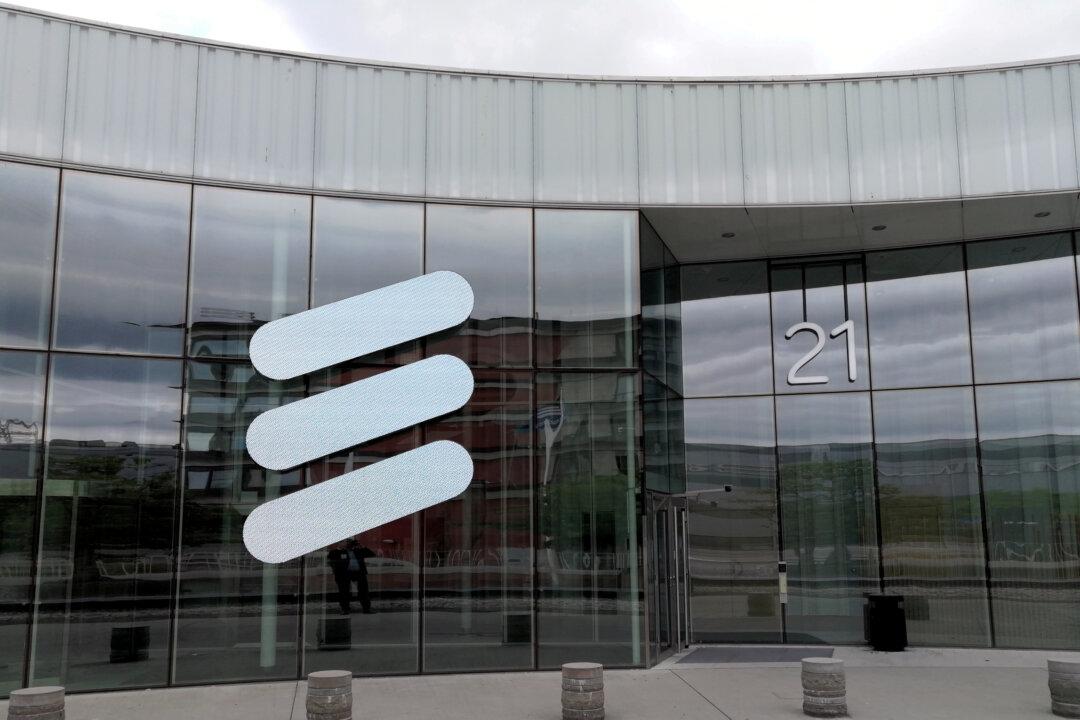Chinese authorities have opened an antitrust investigation into Swedish telecom-gear giant Ericsson, as its Chinese competitor Huawei Technologies Co. seeks dominance in the global 5G market.
Ericsson confirmed in an emailed statement that it’s being investigated by China’s State Administration for Market Regulation (SAMR) because of complaints about its intellectual property licensing practices.





